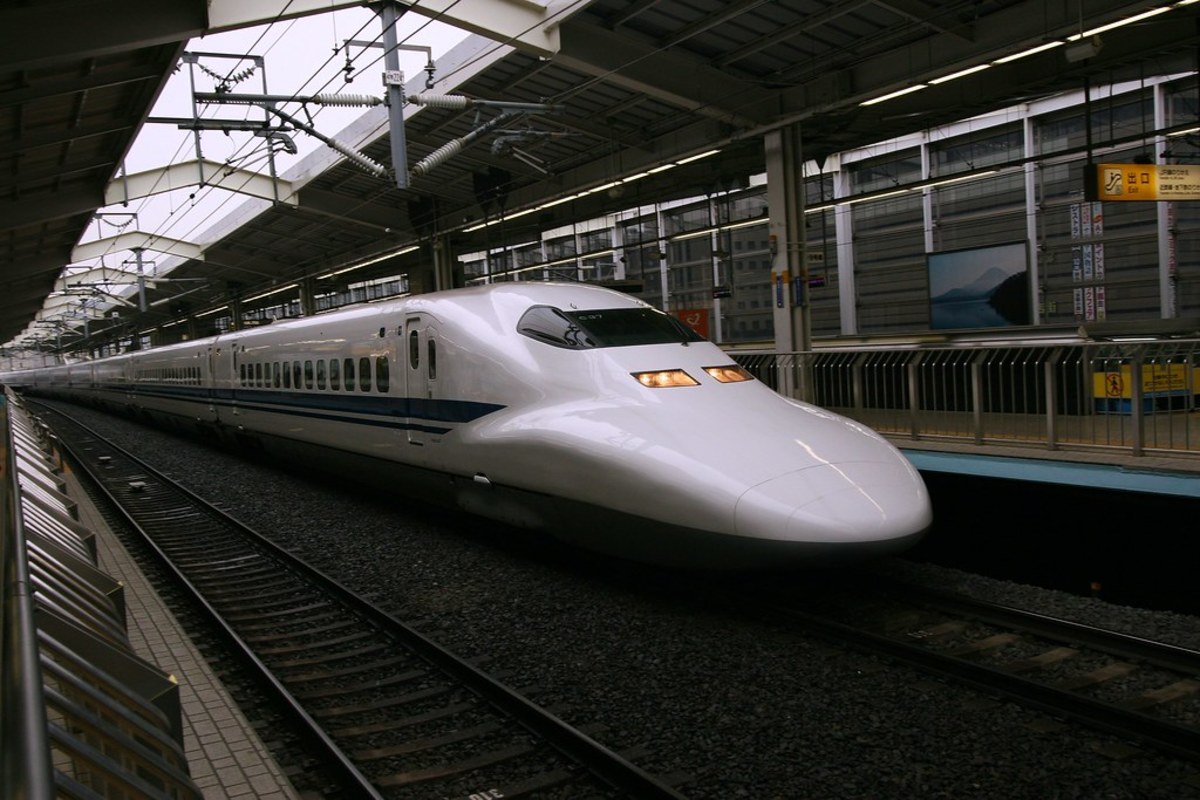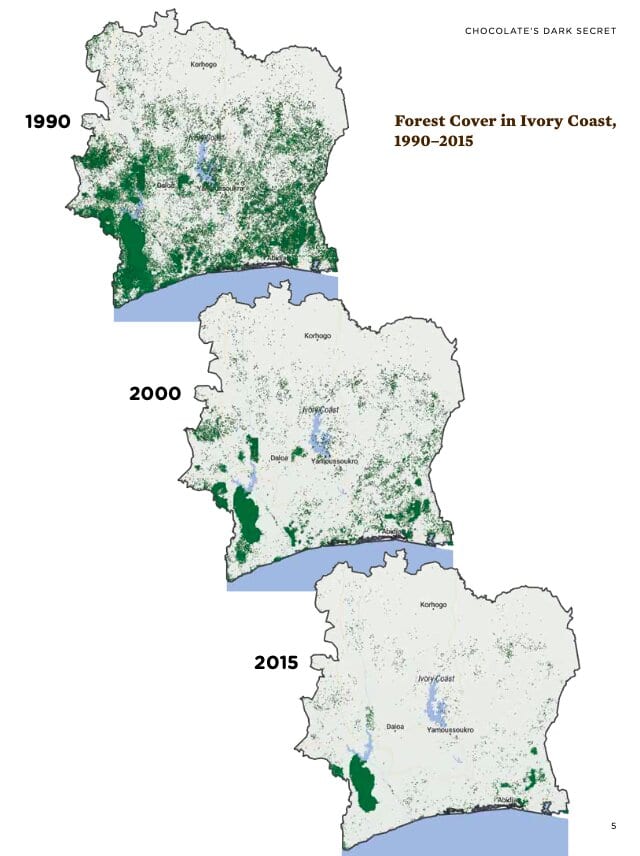Trains are the primary mode of passenger transportation in Japan. The efficiency, speed, and accessibility of these trains allows these trains to "use 88% less energy and produce(s) 92% less carbon emissions per seat,". Thus, they serve as a model of efficiency and sustainability that other countries should attempt to learn from and adapt to.
I look forward to my train journey in Japan, and I will continue to learn more about the system and its implementation in other areas of the world.

https://wanderwisdom.com/travel-destinations/Getting-Around-Japan-Planes-vs-Bullet-Trains
https://www.triodos-im.com/articles/2019/case-study-central-japan-railway
https://www.jrailpass.com/blog/japanese-trains
-
 Sophia Dinh 6/06/2023 9:32 AMHi Anouska, this is super cool! I've always seen Japan's efficient bus system in movies, shows, and read about them in articles, so its so cool to hear more about it. I definitely think that if more cities had an efficient train system like theirs, more people would rely on public transport. This could be really great for places where there is horrible traffic congestion, such as LA. While it might take a while for people to get used to the system and adjusted to the bus schedule, I definitely it would have a good impact on decreasing carbon emissions.
Sophia Dinh 6/06/2023 9:32 AMHi Anouska, this is super cool! I've always seen Japan's efficient bus system in movies, shows, and read about them in articles, so its so cool to hear more about it. I definitely think that if more cities had an efficient train system like theirs, more people would rely on public transport. This could be really great for places where there is horrible traffic congestion, such as LA. While it might take a while for people to get used to the system and adjusted to the bus schedule, I definitely it would have a good impact on decreasing carbon emissions. -
 Karena Caro 5/28/2023 11:23 PMHi Anouska, this is great! Something I want to start doing is riding the metro and bus transportation systems back home whenever I do decide to go back for the weekends. Although it would take me a bit longer to get home compared to having my parents pick me up, not only is it cheap, but less carbon would be emitted. To do this, I must first get familiar with the schedules like you did, and possibly having a friend of mine teach me would make me feel more comfortable.
Karena Caro 5/28/2023 11:23 PMHi Anouska, this is great! Something I want to start doing is riding the metro and bus transportation systems back home whenever I do decide to go back for the weekends. Although it would take me a bit longer to get home compared to having my parents pick me up, not only is it cheap, but less carbon would be emitted. To do this, I must first get familiar with the schedules like you did, and possibly having a friend of mine teach me would make me feel more comfortable.



